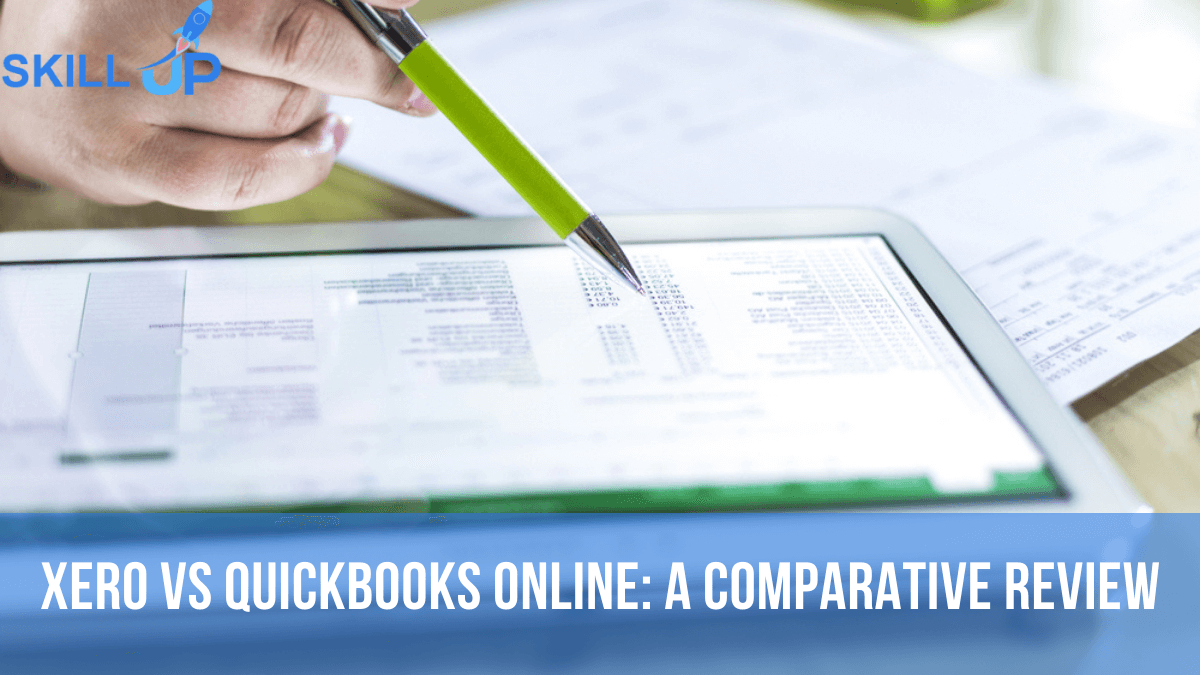There are a lot of accounts softwares available, Zoho Books, FreshBooks, NetSuite ERP to only name a few. However there are two softwares that have become the industry standard in every regard. They are Xero and QuickBooks. Here we compare Xero accounting software vs. Quickbooks.
Modern businesses are digital businesses. Whether it be marketing, administration or accounts. Absolutely no aspect of business is free from the effects of digitalisation. To precisely talk about accounting, there aren’t many businesses that rely on the primitive paper ledger. The ledger book has been replaced with the modern accounting application. This has not only made accounts and billing more accessible for administrators but has also made the work of accountants easier. Read on to find out which software is right for your business.
While we’ll be focusing on specific factors such as costs, user experience, scalability, and more. We’ve found each software having perks and drawbacks in different criteria, so it’s safe to say neither is one-size-fits all. That being said, let’s check out general specifications of Xero and QuickBooks before we get to comparing them.



0 responses on "Xero Accounting Software VS QuickBooks: Which Is Better?"